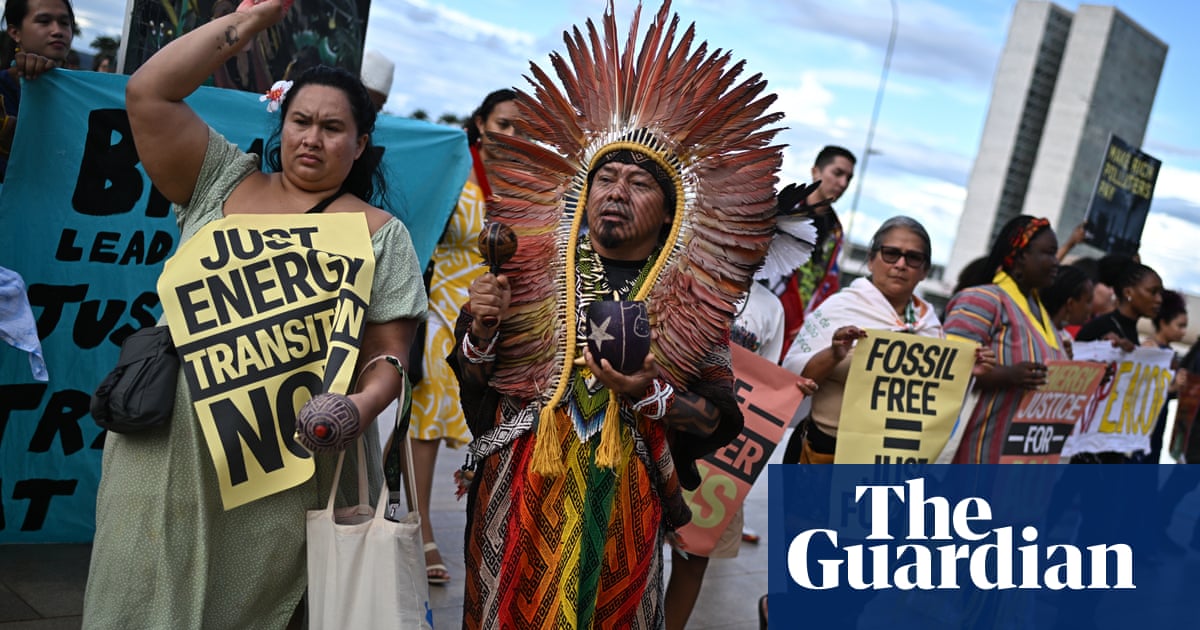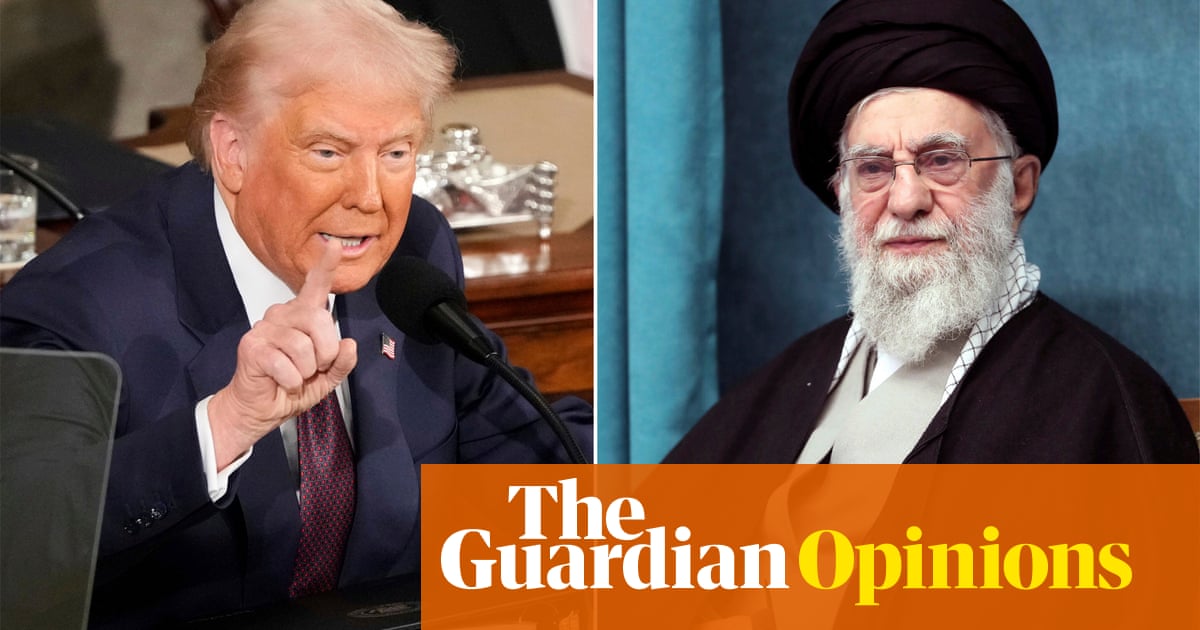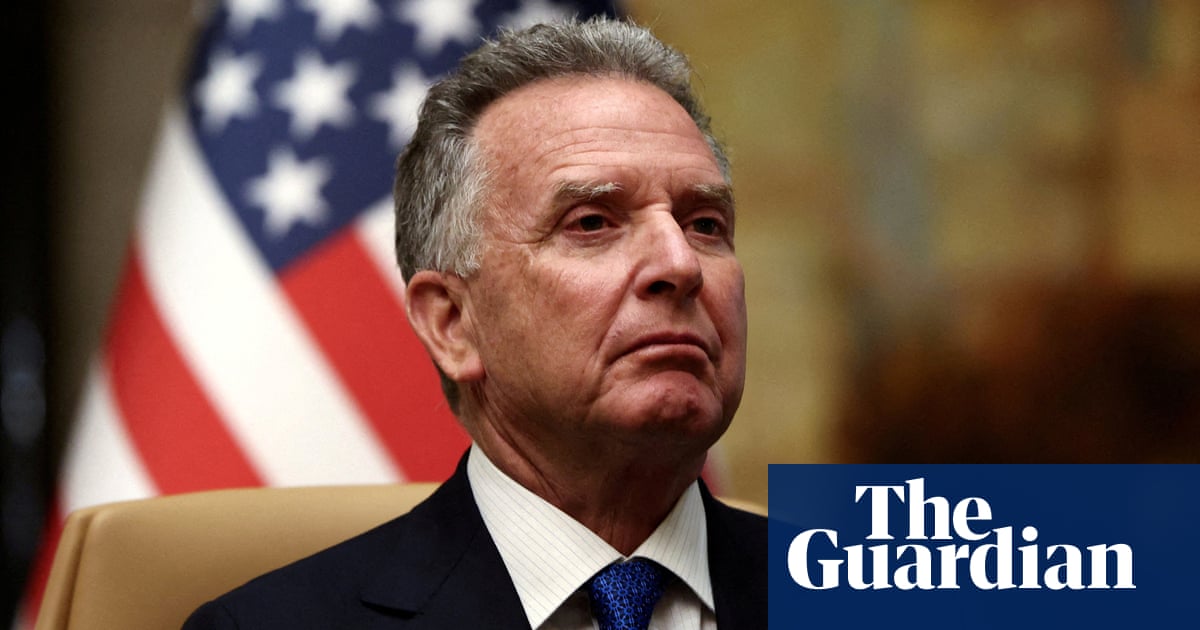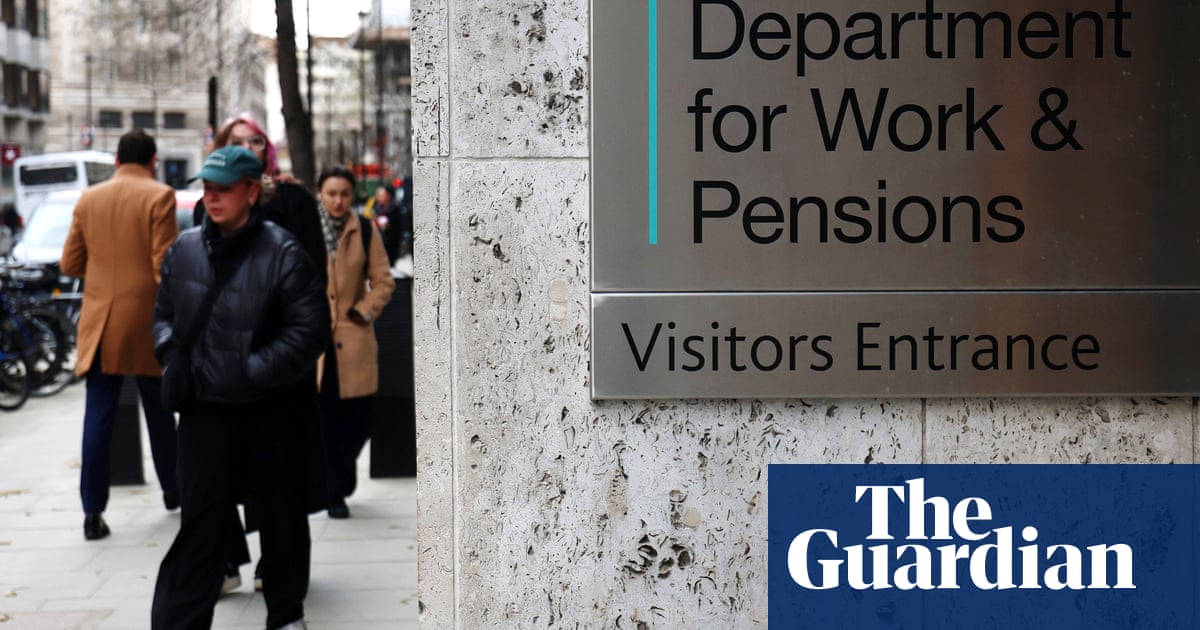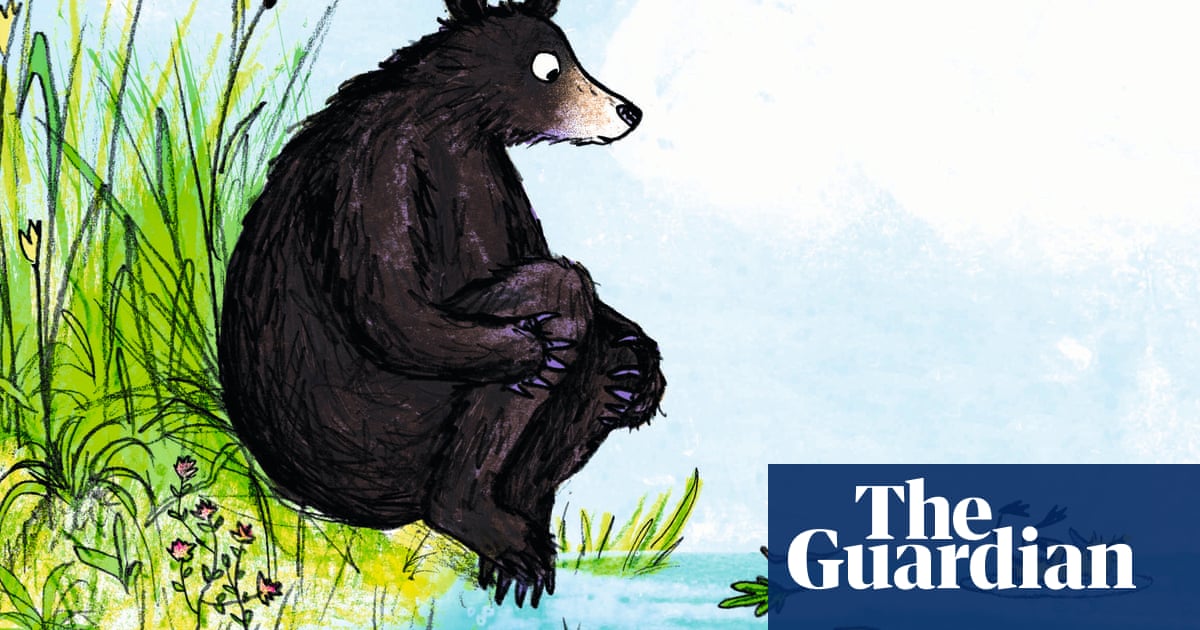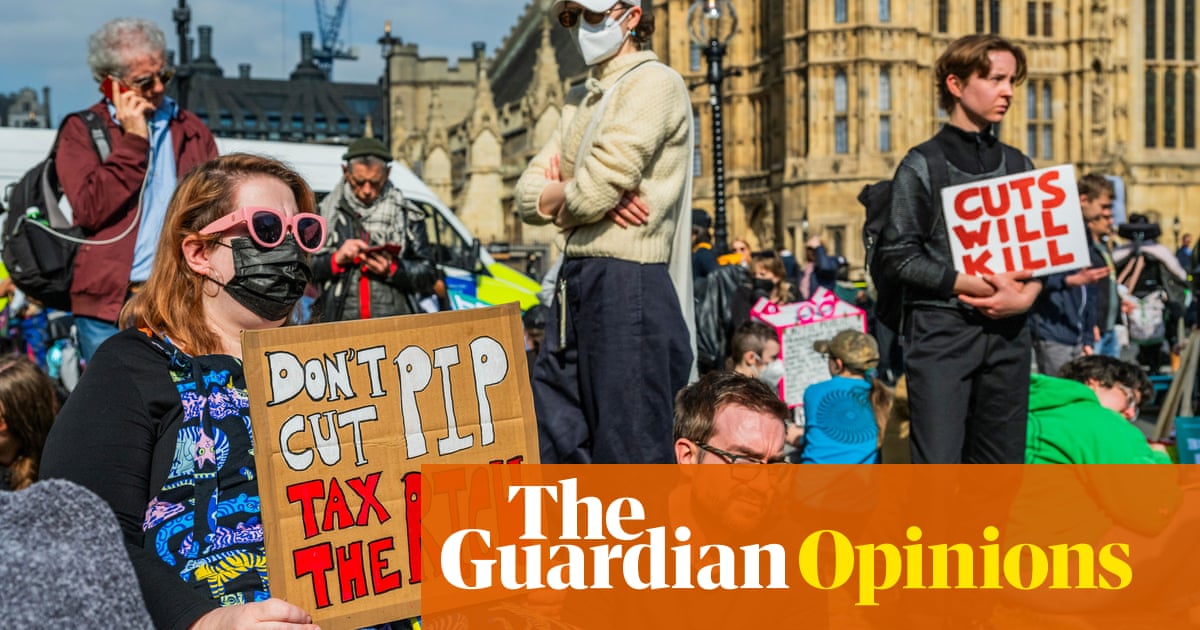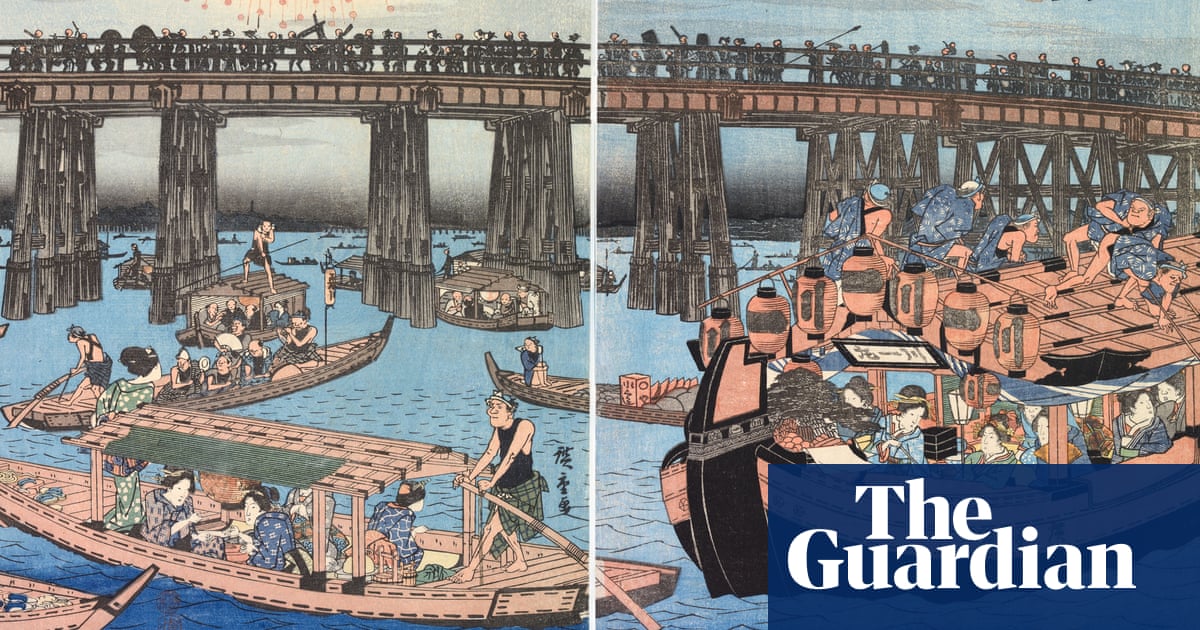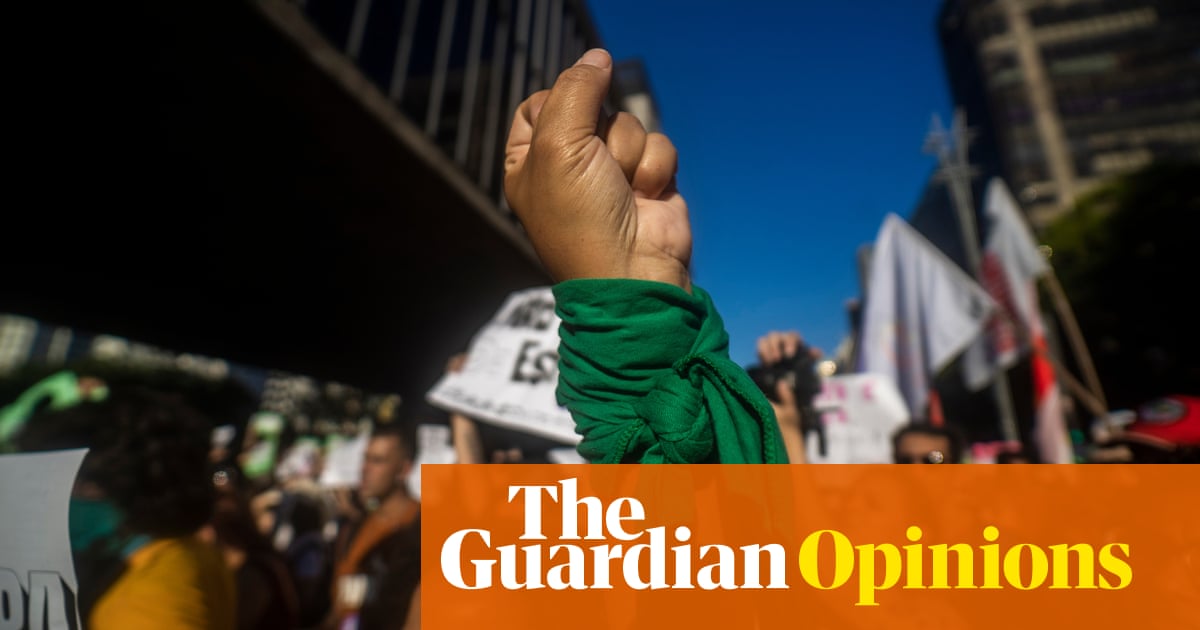The world is becoming a more dangerous place. It’s an often-heard sentiment these days, but is it really true? Historical comparisons are of limited help.
Last week’s 80th anniversary of the liberation of the Auschwitz-Birkenau concentration camp, where 1.1 million people, mostly Jews, were murdered by the Nazis between 1940 and 1945, offered a grim reminder of how indescribably brutal life can be when war reigns unchecked. Could things get any worse?
The latest readings from the “Doomsday Clock”, which notionally measures proximity to global catastrophe, suggest they could. A panel of international scientists says the clock is now at 89 seconds to midnight, the closest it has ever been to the theoretical point of annihilation.
The reasons are familiar: the risk of nuclear war, climate change, pandemics, disinformation, new technologies. The point is, such threats are poorly managed – and are growing inexorably.
Perceptions that the world is spinning out of control are heightened by environmental and health disasters like the recent Los Angeles wildfires, drought in the Sahel and outbreaks of ebola and other lethal, infectious diseases.
The disruptive, destructive behaviour of governments also plays a central destabilising role, through their growing tendency to flout the UN Charter, international borders, basic human rights and the International Criminal Court.
When the US president, traditionally the foremost guardian of the post-1945 rules-based order, threatens, unprovoked, to militarily attack a west European ally to seize its sovereign territory, little wonder everyone feels more insecure. Yet that is exactly what Donald Trump is doing in trying to bully Denmark into surrendering Greenland. Trump’s near neighbours in Panama, Mexico, Colombia and Canada face similar intimidation.
The independent, non-profit organisation known as Acled (Armed Conflict Location & Event Data) compiles information and analysis to help track and reduce violent conflict.
It estimates global conflict has doubled over the past five years, that incidents of political violence in 2024 were 25% up on 2023, and that one in eight people worldwide were exposed to conflict. By these measures, the belief that the world is becoming more dangerous is thoroughly justified.
While some wars, such as Israel-Palestine and Russia-Ukraine, rightly receive huge media attention, they are exceptions. Most current conflicts, whether they involve wars and invasions in Sudan and Congo, gross human rights abuses in Afghanistan and Tibet, gang warfare in Haiti and Colombia, mass starvation in Yemen and Somalia, or political repression in Nicaragua, Belarus and Serbia, are under-reported, forgotten or ignored.
Developing conflicts, such as China-Taiwan and Iran-US-Israel, require closer attention.
Taken together, they present a terrifying picture of a world addicted to war.
Snapshots of a world at war

Congo-Rwanda
A long-festering conflict along the eastern border of the Democratic Republic of the Congo (DRC) hit global headlines after the city of Goma was captured by a rebel group known as M23. Rwanda’s president, Paul Kagame, is accused by the UN of arming and directing M23, and sending troops across the border, which he denies.
The area, though generally poor, is rich in metallic ore such as coltan that contains minerals much in demand in the west. Thousands have been displaced in the fighting amid sexual violence and a looming public health emergency.
This sudden crisis prompted a UN security council meeting, at which the UK and France condemned Rwanda’s behaviour. The US says it supports the DRC’s sovereignty. Germany has suspended aid talks with Kigali. But this may have little effect. One problem is the EU signed a strategic minerals deal with Rwanda last year, even though it knows some minerals are smuggled from Congo. Another is that Britain’s previous government lauded Kagame as a model African leader when it wanted somewhere to send asylum-seekers. More broadly, conflict in and around the DRC has continued, on and off, for decades. Millions have died. When this latest crisis subsides, it will probably be left to fester again.
Myanmar
The past year saw growing armed resistance to the military junta that overthrew the elected government of Nobel peace prizewinner Aung San Suu Kyi in 2021. In response, the generals are resorting to what Human Rights Watch calls “scorched earth” tactics. These include indiscriminate airstrikes against civilians, murder, rape, torture and arson “amounting to war crimes and crimes against humanity”.
The UN says Myanmar is in “free-fall”; 20 million people will need help in 2025, yet humanitarian aid is often blocked. Involuntary conscription of young adults and children is enforced using abductions and detention. Aung San Suu Kyi remains under arrest, one of 21,000 political prisoners. Muslim minority Rohingya civilians continue to be targeted in Rakhine state.

The wider context of Myanmar’s nightmare is the lamentable failure of its neighbours, grouped in the Association of Southeast Asian Nations, to take effective action against the junta, and China’s connivance in and tolerance for its many abuses.
Russia supplies the junta’s weapons. And the west, having imposed sanctions, mostly looks on. Now the generals, hoping somehow to legitimise their position, are talking about holding elections this year. Any poll is likely to be the focus of intensifying violence – and an obscene mockery of the democratic process.
Haiti
Described as the poorest country in the western hemisphere, Haiti has a reputation for ungovernability. A series of US-backed international interventions has failed to achieve longterm stability.
The country was effectively occupied by the US from 1915 to 1934. In Washington’s last big intervention, Bill Clinton sent 20,000 troops in 1994 to restore order. Any improvement was temporary. UN missions have also come and gone. Haiti’s latest descent into chaos followed the assassination in 2021 of its last elected president, Jovenel Moïse. Ubiquitous armed gangs, living off violence, extortion and kidnappings, rule the roost. Analysts say Haiti is now a failed state.

The most recent outside attempt to help the interim government regain control – a “multinational security support mission” led by Kenyan troops – is under-funded and struggling after a spate of gang massacres killed more than 350 people. These horrors included a Christmas Eve attack on the country’s largest hospital.
More than 5,300 people were killed last year while 700,000 are displaced, according to US media. Nearly five million people – half the population – face food insecurity. Yet Haiti’s misery continues largely unremarked. Trump’s threatened foreign aid cuts will hit very hard here.
Ethiopia-Somalia
Ethiopia’s standing as a poster child for international aid and development efforts has undergone sharp re-evaluation in recent years, coinciding with the rise to power in 2018 of its prime minister, Abiy Ahmed.
There has still been no full, public accounting for Abiy’s devastating military campaign in northern Tigray province that ended with a truce in November, 2022. The conflict became notorious for gross human rights violations by all sides, but principally by Ethiopian government and allied Eritrean forces.

These abuses reportedly continue. Abiy’s rule has been marked by democratic backsliding, including internet shutdowns and media censorship, and by tensions with neighbouring Somalia over sea access via Somaliland.
Concern now surrounds Ethiopia’s Amhara region, where escalating repression and large-scale arrests of government opponents are occurring amid ongoing conflict with armed groups.
Amnesty International says the world is turning a blind eye: “The international silence over the mass and arbitrary detention of thousands of people in Amhara region is beyond shameful.” It called on Ethiopia’s development partners to demand a return to “the rule of law”. The worry is that, like Tigray in 2020, Amhara could explode into all-out secessionist rebellion in 2025.
Iran
Iran’s theocratic regime took a severe beating in 2024, coming off worse in direct clashes with Israel and looking on helplessly as key regional allies in Lebanon, Palestine and Syria were degraded, toppled and killed.
The regime also faces multiple domestic challenges, not least from a restive, youthful urban population increasingly enraged by official corruption, repressive violence and incompetence.
after newsletter promotion

In the past 15 years, Iran has experienced three major uprisings, in 2009, 2019 and 2022. Middle East analysts wonder: when is the next one? Or will all-out war with Israel come first?
Mindless repression, particularly of women, is a regime trademark which could prove its undoing. The imposition of a death sentence on Pakhshan Azizi, a Kurdish-Iranian civic activist, on trumped-up charges of “armed rebellion against the state” has prompted an international campaign to save her. Azizi’s case follows the death in custody in 2022 of Mahsa Amini, accused of violating Islamic dress codes.
Her murder, which prompted the “Woman Life Freedom” revolt, reflects a long, disgraceful history of persecution by misogynistic mullahs – persecution which continues in 2025. Many other men and women face the death penalty. Overall, Iran executed more than 900 people last year, the UN says.
Syria-Turkey
Wearing a western-style lounge suit in preference to combat fatigues, Ahmed al-Sharaa, leader of the Islamist rebel group that overthrew Bashar al-Assad in December, was named transitional president of Syria. In a series of sweeping changes, an appointed legislative council replaced the former parliament and all armed groups were told to disband and join a new national army. For those who hope Syria will become a “normal” country, it sounded positive. But democratic elections are three or four years away, Sharaa says, and a lot could go wrong.

While welcoming Assad’s overthrow, the US, EU and Gulf states have been slow to take concrete steps to help, such as lifting sanctions and releasing funds. About 6.7 million vulnerable people need urgent assistance, the UN says. Health services, schools and housing are inadequate. Much of the countryside is seeded with landmines.
Meanwhile, Syria’s internal security situation remains fraught amid a national quest for justice, revenge killings, limited targeting of religious minorities and clashes between Syrian Kurdish forces and Turkish proxies along the northern border, where 652,000 people are newly displaced. Syria’s rebirth could be stillborn in 2025. Without better international engagement and support, war may yet return.
Sudan
Media commentators like to refer to the security and humanitarian catastrophe that is present-day Sudan as a “forgotten” conflict. The truth is worse. It’s not forgotten. It’s ignored, and mostly has been since mayhem erupted in 2023.
Millions have been displaced and hundreds of thousands face famine conditions as a result of a struggle for control between Sudan’s army and renegade paramilitary forces, known as the RSF. The latter are accused of genocide in western Darfur region through the targeting of non-Arab communities, where killing and sexual violence are rife.

International neglect of Sudan may slowly be coming to an end in 2025. Karim Khan, chief prosecutor of the International Criminal Court, has said he would seek the arrest of those suspected of committing war crimes and other atrocities in Darfur – assuming they can be caught.
In a sense, history is repeating itself. In 2003 Darfur became synonymous with genocide and war crimes perpetrated by Janjaweed militia, forerunners of the RSF. Halting the wider war throughout Sudan is more challenging still. Crisis Group is calling on outside mediators to redouble efforts to agree a ceasefire. At present, that prospect looks remote.
Afghanistan-Pakistan
America’s abandonment of Afghanistan to Taliban extremists in 2021 was shameful – and politically costly. Former president Joe Biden’s domestic approval ratings plunged and never recovered. But the biggest losers were Afghan women and girls, who were again subjected to harshly interpreted Islamist rules denying them personalfreedoms, the right to education and meaningful careers.
Last week the International Criminal Court took steps to remedy that abuse, announcing it would seek the arrest of senior Taliban leaders Haibatullah Akhundzada and Abdul Hakim Haqqani for the crime against humanity of persecution on grounds of gender – a global first.

Afghanistan’s overall stability is in doubt as 2025 opens, with the misgoverned country mired in poverty and prey to outside extremist factions such as Islamic State Khorasan Province.
Neighbouring Pakistan also looks deeply unstable following a year of political upheaval that left popular former prime minister Imran Khan in jail and an army-backed politician, Shehbaz Sharif, in charge. Analysts say 2024 brought rising levels of violent militancy involving Baloch separatists and Tehreek-e-Taliban Pakistan. “The contentious domestic political situation will likely create more opportunities for militants to make gains by exploiting local angerin 2025,” Acled warns.
Yemen
Yemen has been called the world’s worst humanitarian emergency, and perhaps it still is, despite the mounting horrors in Sudan. But since the 7 October 2023 Hamas assault on Israel, global attention has shifted away from Yemen’s domestic crisis and on to its Houthi rebels. Their missile attacks on western shipping in the Red Sea, and on Israel, in support of the people of Gaza, provoked military reprisals by the US, the UK and others.

Following the ceasefire in Gaza, Houthi shipping attacks have largely ceased. But the wider civil war continues to cause huge problems, with about 150,000 people killed and 18 million facing food shortages. UN special envoy Hans Grundberg told the UN security council in January that regional stability depended in part on ending the conflict in Yemen, where the war against a Saudi-backed government-in-exile has raged since 2015. Necessary first steps were a nationwide ceasefire, the release of detainees, new focus on repairing ports and economic and financial infrastructure, and the launching of an inclusive political process, Grundberg said. Two-thirds of Yemen’s food is imported and 90% of medical supplies. The need is great. But as in the past, political will may be lacking.
Mexico-US
As if Mexico did not already have enough problems, US president Donald Trump’s militarisation of the US-Mexico border, and his puerile demand that the Gulf of Mexico be re-named the Gulf of America, are bound to make them worse.
“Trump’s revival of his punitive immigration playbook will overwhelm Mexico’s overburdened state, sandbag regional economic growth and enrich criminal cartels,” the US Council on Foreign Relations warned last week – rendering both countries less safe and less wealthy.

Trump’s anti-migrant “Remain in Mexico” policy could critically destabilise the country, just as its newly elected president, Claudia Sheinbaum, is pledging a fresh start.
Sheinbaum’s biggest domestic challenge is warring gangsters. “[Her] election took place against a backdrop of emerging and intensifying gang disputes, evidenced by an 18% increase in lethal clashes between non-state armed groups compared to 2023,” Acled said.
Sheinbaum pledged to address the social causes of cartel-related violence – a policy dubbed “hugs not bullets” – but recently took a tougher line, sending thousands of troops to violence-riven Sinaloa state. Trump should be helping. Instead, as usual, he is making the situation worse.

.png) 2 months ago
24
2 months ago
24

